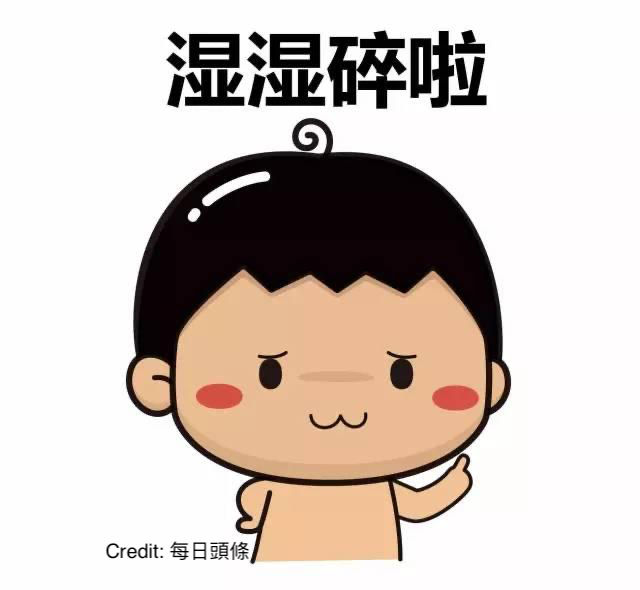
“濕濕碎啦” (口語) 有幾個意思 。其中一個是一種友好而謙虛的口語方式來表達這個人覺得他提供的幫助是微不足道的、毫不費力。它通常適用於對朋友或熟悉的人的輕鬆回應。這廣東話口語的隱含意義與英語 "not a big deal" * 的意味很接近.
“濕濕碎啦” (colloquial) has several meaning. One of them refers to a friendly and humble way of speaking to express that the person feels that the help he has provided is minimal and effortless. It's usually used as a light-hearted response to a friend or familiar person. The connotation of this Cantonese colloquial expression is very close to that of “not a big deal”* in English.
例句 Examples:
If you did a friend a favor or helped her in a way that you don't find particularly noteworthy, you might downplay it by saying "not a big deal."
你的朋友: “多謝你幫我買杯咖啡”
你: “哦, 濕濕碎啦!”
Your friend: "Thanks for grabbing me a coffee."
You: "Oh, not a big deal!"
* Please note that apart from the context of acknowledging the other’s appreciation of your help as explained in this article, "(it's) not a big deal" in usual context means that you are typically trying to downplay the significance or seriousness of a situation. It's a way of expressing that whatever is being discussed or addressed is not worth worrying about or making a fuss over. You are often trying to reassure others that the matter is minor or inconsequential, and there's no need for undue concern or stress. It can also be used to indicate that you are not bothered or upset by a particular situation and wants to convey a sense of calm or nonchalance.
逐個字的發音及原意解釋:
Verbatim Pronunciation and (literal) meaning:
濕 [sap1]: wet
濕濕碎[sap1 sap1 seoi3]: petty; trivial
啦 [laa1]: is a particle that is often used to indicate a suggestion, a softened command, or to add a casual and informal tone to a sentence. It is a versatile and common particle in spoken Cantonese and is used to convey different nuances depending on the context.
同義詞:
小事; 何足掛齒
Synonyms:
No big deal; No problem; No worries; No biggie.
想知多啲其他廣東話口語, 俗語等, 英文點講, follow us:
If you interested in learning more about how Cantonese slang and colloquial expressions into English, please follow us:
👉Facebook: https://www.facebook.com/cantonslanglish/
👉Instagram: https://www.instagram.com/cantonslanglish/
Comments